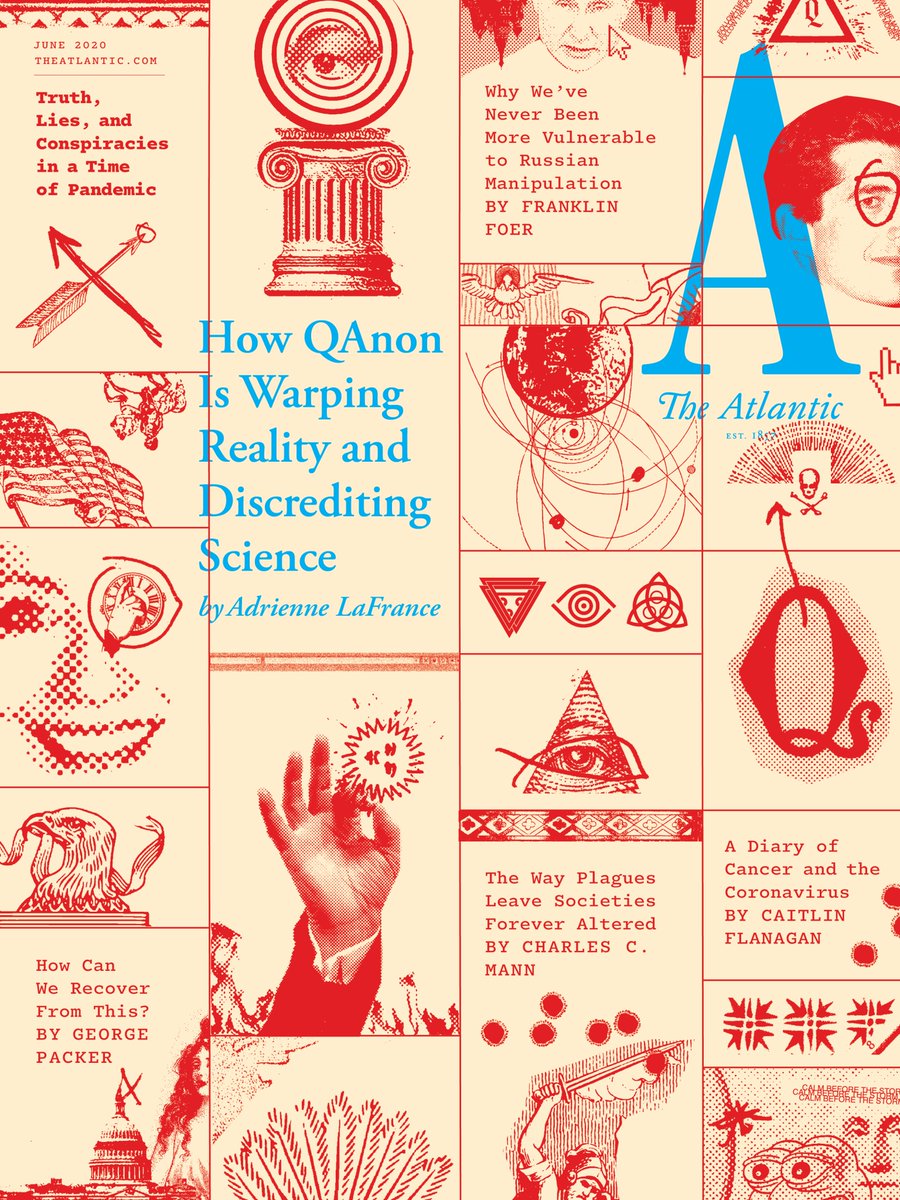
I’ve spent the past several weeks reading the Facebook Papers, a gigantic collection of internal documents from Facebook unlike anything I’ve encountered. A few observations:
(1/8)
theatlantic.com/ideas/archive/…
(1/8)
theatlantic.com/ideas/archive/…
The sheer amount of material is astonishing and frankly hard to characterize. We’re talking thousands upon thousands of pages of internal chats, research documents, and more. They’re highly technical. I can’t wait for academics to spend time with these documents.
(2/8)
(2/8)
Many of Facebook’s employees believe their company operates without a moral compass, and they are very, very worried about it. (3/8)
Facebook employees are studying the dangers posed by its platform all the time. The depth and sophistication of their knowledge is impressive, and this is visible in the Facebook Papers in a way that the public has never seen.
(4/8)
(4/8)
These documents leave little room for doubt about Facebook’s crucial role in advancing the cause of authoritarianism in America and around the world.
(5/8)
(5/8)
Most of all, these documents prove that the public deserves much greater insight into Facebook’s algorithmic infrastructure, its understanding of its own platforms, and related decision making.
(6/8)
(6/8)
There is so much more to come. You can read my first story on the Facebook Papers here:
theatlantic.com/ideas/archive/… (7/8)
theatlantic.com/ideas/archive/… (7/8)
And here’s @elcush’s Facebook Papers story on how America has the best version of Facebook in the world—that’s how not a good thing: theatlantic.com/ideas/archive/…
(8/8)
(8/8)
• • •
Missing some Tweet in this thread? You can try to
force a refresh




